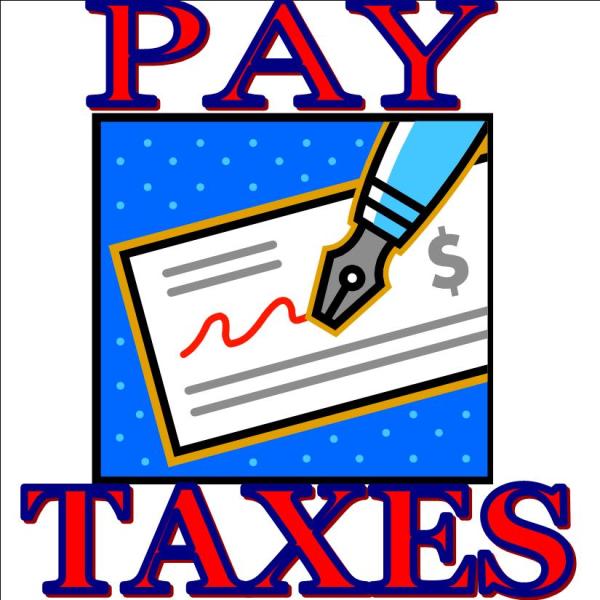Costa Rica News – Why are Costa Ricans reluctant to pay taxes? What are the consequences of such behavior? “So much paid in taxes and see the roads”, or “I did not file a tax return and nothing has happened to me!” are expressions heard from Costa Ricans.
 A report by El Financiero says the unwillingness to pay taxes has a name: “fiscal morality”.
A report by El Financiero says the unwillingness to pay taxes has a name: “fiscal morality”.
According to the latest figures released by the Ministry of Finance (Ministerio de Hacienda) for 2013, tax noncompliance in the country was 8.22% of the Gross Domestic Product (GDP).
There are several causes that discourage the voluntary payment of taxes and that affect the decision of the taxpayer.
Between them, and beyond the tangible, are the failings in the collection systems, corruption, the lack of knowledge of Costa Ricans in how the public treasury is financed and even what the taxes are used for.
Parallelly, the consequences are felt. The country’s tax revenues are tiny compared to the region and other parts of the world.
By 2015, the country’s tax income was 13.7% of the Gross Domestic Product (GDP), a percentage below tax figures reported in places like Nicaragua (15.4%) or Honduras (16.3%).
The national reality is that while it is urgent to approve a tax reform, the lack of motivation to pay taxes by Costa Ricans ends up complicating the scenario.
“The current (tax) reform is not to use additional money. But is the citizenry willing to have less? That is the question that should be passed on to people,” said Fernando Rodríguez, Vice Minister of Revenue.
Changing the attitude is not easy, however, a change of action and shuffling of tools could lead to new trends.
However, while that happens, experts emphasize that while Costa Rica’s tax burden is high – about 20% above other Central American countries – it also enjoys a health system that in not comparable with the rest of the region.
“The Tico (taxpayer) can perceive that he already pays enough, but the standard of living he has is also considerably higher than the rest of his Central American counterparts. We all want standards like Finland or Norway, but we do not want to pay (taxes) like them,” said Abelardo Medina, an economist at the Central American Institute for Fiscal Studies (Icefi).
Last November, the Directorate General of Taxation hired an external service that cross matches taxpayer data in public databases to identify suspicious patterns that might suggest misconduct or evasion. The project called Predictive Model aims to analyze the behavior of firms and individuals in order to identify suspicious or unusual patterns in the process of declaration of income and tax payments.
The Predictive Model, for example, cross matches information contained in the taxpayers declarations with data from public sites, for example, the Civil Registry (Registro Civil), the National Property Registry (Registro Nacional) and listings of employers and insured persons in the Caja, among other things.
Source: Elfinancierocr.com

